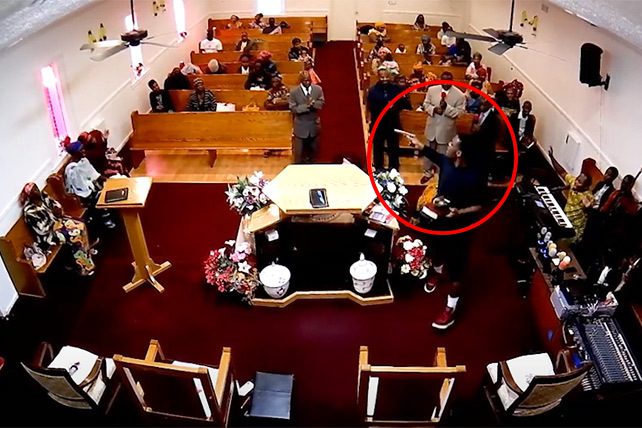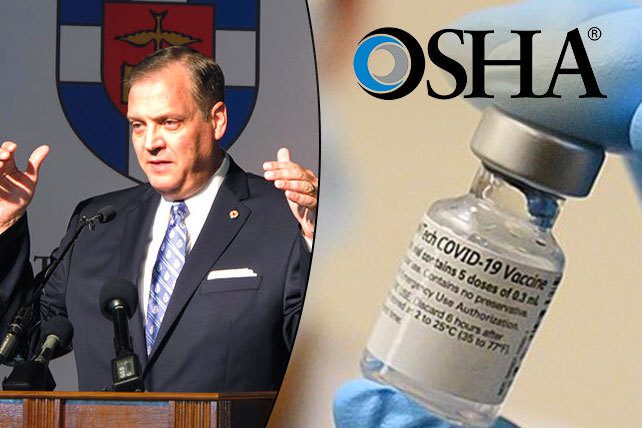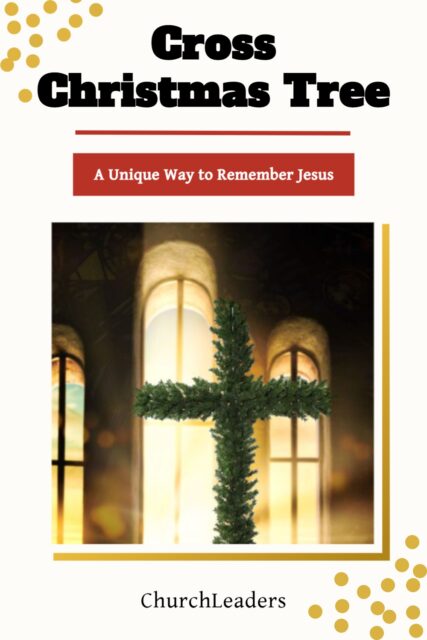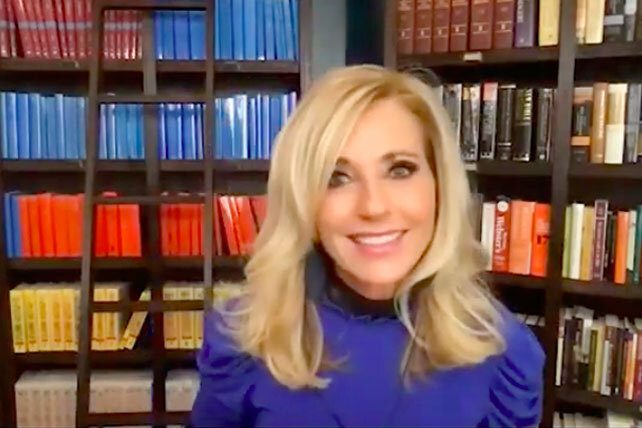I’ve talked with a number of men and women in ministry, and I’ve noticed an alarming problem. It’s often felt but rarely talked about. Just below the surface, it affects daily interactions, vision casting and strategic planning. It affects how we relate to God and how we relate to others. I call it post traumatic church disorder. You’ve heard of Post Traumatic Stress Disorder, right?
Post-traumatic stress disorder (PTSD) is a mental health condition that’s triggered by a terrifying event—either experiencing it or witnessing it. Symptoms may include flashbacks, nightmares and severe anxiety, as well as uncontrollable thoughts about the event. –MayoClinic.org
Post Traumatic Church Disorder:
PTSD happens after a terrifying event. PTCD, however, happens after a traumatic, stressful, chaotic, terrifying, painful experience or season in a local church. It can happen after events that our society would deem abusive (physical, sexual, verbal) and/or traumatic.
PTCD cuts deeply. If there’s a place where your spiritual, emotional and physical life should be safe, it is in a local church. But in a PTCD situation, the safety net you should feel there erodes. Finding abuse and traumatic events where a wall of safety and health should exist carves deep wounds on your soul. You may begin to deal with this issue after having been in an local church that is filled with one or more of the following features characterizing its leadership (whether paid staff, volunteer leadership or elders):
- Unhealthy staff culture
- Abusive (spiritual, emotional, verbal, physical or otherwise) leadership
- Unwise leadership decisions
- Controlling
- Constant complaining
- Fighting (open name-calling, character assassination, slander)
- Gossip (behind-closed-door name calling, character assassination, slander)
- Insulated leadership, refusing to be held accountable
- Self-serving shepherds
- Manipulative leadership
- Bullying
Church staff/leadership teams can have these attitudes and behaviors creep in over time. And you’d be foolish to think that one person that’s dominated by one of these traits doesn’t seep its way into other staff members and into the church at large. One bad apple spoils the bunch, and one bad staffer can spoil the team.
These prideful character traits can destroy staff and church morale quicker than just about anything else.
How to Know You Have It
It doesn’t take long for Post Traumatic Church Disorder to set in. Just a season or two of a self-serving, manipulative, controlling leadership in your life can move your heart to a dark place. Trust is built over time but is torn down in a moment. Fortunately or not, our view of the local church greatly impacts our view of God.
12 Markers of Post Traumatic Church Disorder
- A deep distrust of church leadership, despite anything specific that you see
- A callousness toward church staff
- Growing cynicism toward the church
- Growing desire to gossip about leadership
- When your pastor calls you, your first thought is “What have I done?” or “What’s he going to be mad about this time?”
- A knee-jerk anger when your pastor asks to meet with you
- A knee-jerk fear when your pastor asks to meet with you
- Constant questioning of the motives of your church staff
- Refusal to engage in serving and attending worship
- Continual doubting of your pastor’s heart
- Refusal to give financially to your local church because of your distrust
- A growing anxiousness in dealing with church leaders
Post Traumatic Church Disorder – 5 Treatments
Be careful that Post Traumatic Church Disorder doesn’t wreck your heart. It can. And it will. Satan would love nothing more than to keep you from church by convincing you church is worth keeping from. By couching “church” in the category of pain, frustration and uselessness, you’ll sideline yourself when the church needs you and your voice.
Here’s how you can guard your heart from growing distant and calloused:
1. Pray.
Start here. End here. And fill every moment with asking God to guard you from bitterness, inaction and callousness. It realigns your heart with what pleases, and what breaks, the heart of God.
Rejoice always, pray without ceasing, give thanks in all circumstances; for this is the will of God in Christ Jesus for you. –1 Thessalonians 5:16-18
2. Remind Yourself Who the Church Is.
The church is the bride of Christ. It’s the one for whom Christ suffered and died. And remember this: Jesus had to suffer and die because the church isn’t perfect. We’re a bunch of messed up sinners who continue to do battle against our flesh. Church leaders are sinners being redeemed, too. The church isn’t perfect, but its Redeemer is. And He loves His bride (Ephesians 5:21-33).
3. Help Make Better Decisions.
Instead of complaining, speak into the life and leadership of your local church. If you see things differently, that just might be a gift you could give. When you see a different path, point it out. When you see disunity, expose it. When you see poor, abusive leadership, blow the whistle. Terrible leadership begets terrible leadership unless you speak up.
Be sure to answer the foolish arguments of fools,
or they will become wise in their own estimation. –Proverbs 26:5
4. Serve Selflessly.
Keep serving. Give of yourself until it hurts. Give of yourself until it costs you something. This will help curb your tendency of thinking that your local church only exists for you. Yes, we’re broken. Yes, we’re imperfect. But the church is better when you serve. And as you serve, you become a part of the solution instead of a part of the problem.
5. Don’t Go It Alone.
Don’t be so foolish that you think you can work through Post Traumatic Church Disorder on your own. Masking problems doesn’t make them go away. Find someone you can be open, honest and transparent with. You need an outside perspective in order to biblically, helpfully and healthily walk through this issue.
Two are better than one, because they have a good reward for their toil. For if they fall, one will lift up his fellow. But woe to him who is alone when he falls and has not another to lift him up! –Ecclesiastes 4:9-10
Don’t give up on the local church. She is the bride of Christ, as broken and twisted as she sometimes can be. She’s worth fighting for. She’s redemption in process.
This article about Post Traumatic Church Disorder originally appeared here, and is used by permission..





















